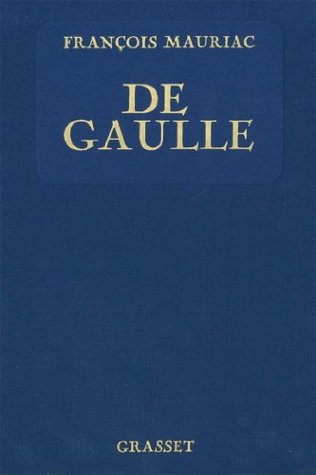Paris 1943. Lana Hartman, formerly Lana Antanova, is hurrying to visit her musician husband, Frederic, at the convent where he teaches. She cannot wait to share that they are to have a baby! She slows when she sees a German truck parked in front.
Through her ties to the convent, Lana is introduced to Henri, a member of the French Resistance. He has come to tell her the name of the Nazi-bastard who killed Frederic and, ultimately, the baby and recruit her.
I’ve read a lot of novels about the French Resistance, but none of those novels ever took place in one of the most beautiful spots in the world. It was a nice change of pace, and the landscape becomes one of the characters.
Lana throws some of her mother’s evening gowns in a bag and boards a train. Her cover is that she is the live-in mistress of wealthy Swiss industrialist and fellow fighter. Lana’s job is to use her beauty and elegance to gain information from the Nazis who were enjoying some time off from the war that would help them to help Jews escape. Lana and Guy are the perfect couple and attend parties most evenings.
I enjoyed Abriel’s novel as it was a little different. The tension was adequate, but not high. What really forced me to give Lana’s War 3 out of 5 stars in Julie’s world is the ending. It was so predictable. The novel would have been much more realistic without it.








